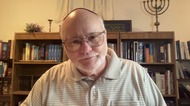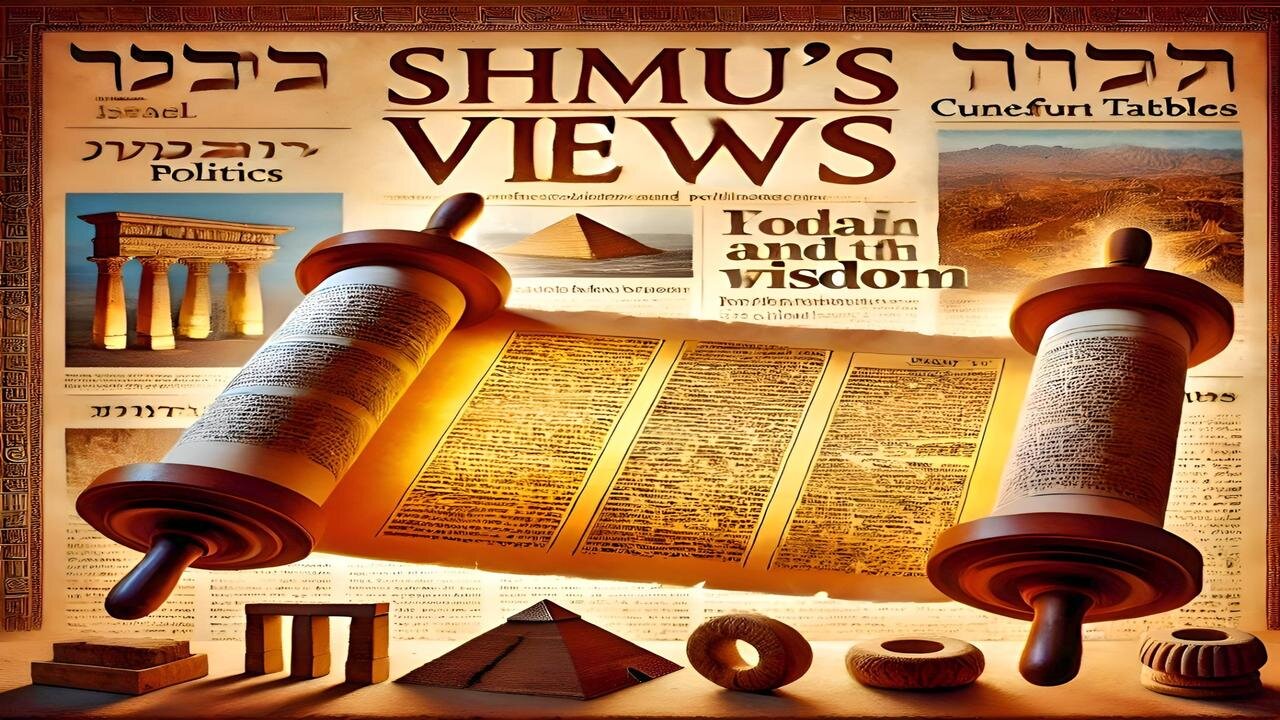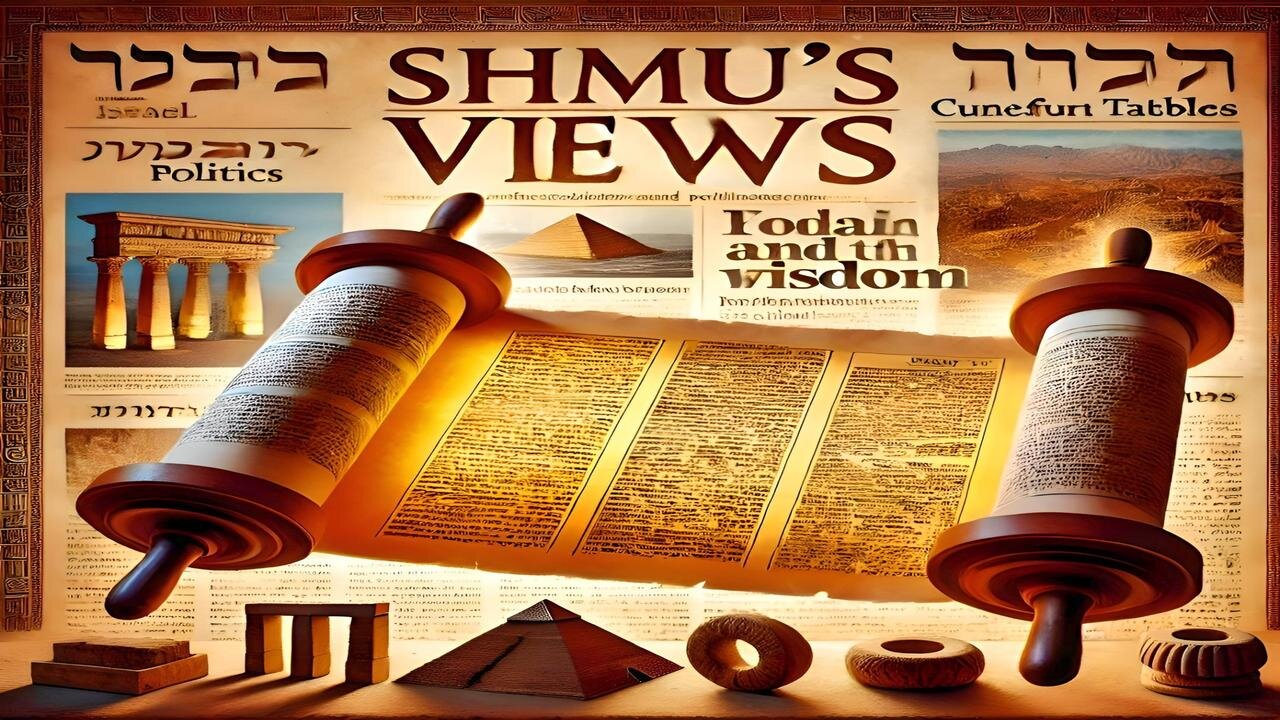
Loshan Hara can be a devious and tricky thing. One can participate in evil or derogatory speech without even realizing it, nor with understanding the damage it can do to the soul of the one speaking it or to the one to whom the remarks were directed to. I have found myself guilty of such speech, especially of late since the horrendous attacks against our people on Simchat Torah this year. My remarks directed toward some of my fellow Jews who have participated via demonstrations and protests in expressing their hate for their fellow Jews in Israel, when compared to the remarks of Miriam toward her brother Moshe are relatable and for that I express my sincerest apologies and teshuvah. What they are doing is still wrong and even despicable but I am not their judge, only the Holy One, Blessed be He, is their Judge.
Parshat Naso is the longest single parsha in the Torah, clocking in at 176 verses. That’s Torah’s way of saying, “Hey, you might want to take a long , serious and contemplative look at what you’re about to learn.”
Also on Substack: https://substack.com/home/post/p-165229596?source=queue
The 613 Commandments of Torah: Part 18 - the Blog
https://shmusviews.blogspot.com/2026/03/the-613-commandments-of-torah-part-18.html















